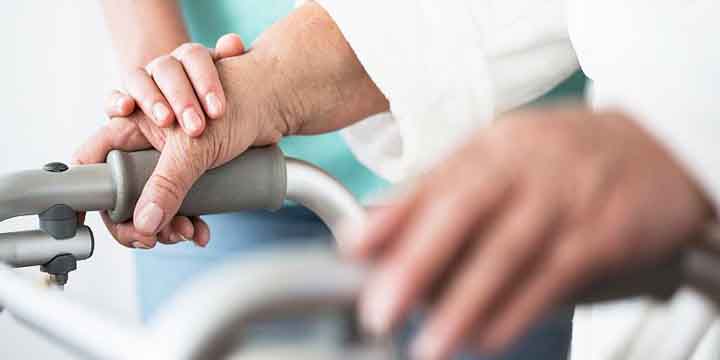Age is a primary factor among elderly adults who suffer a high risk of falling. Hip Fracture tends to be a very common area in people over the age of 60. As they grow older they lose their coordination in handling things independently. A severe hip pain always requires immediate surgical assistance or surgical replacement followed by physiotherapy. Taking adequate measures or precautions in order to retain bone density among elderly adults can help prevent a hip fracture.
Symptoms of Hip Fracture:-
- Difficulty in moving following a fall
- Serious torment in your hip
- Inability to stand due to severe hip pain
- Firmness, wounding and swelling in and around your hip zone
- Bruise on hip
Causes of Hip Fracture:-
Now, let’s look at some of the severe causes which tend hip fracture among elderly adults:
1)Bone thickness will in general decline with age. Grown-up adults additionally may have issues with vision and parity, which can expand the danger of falling.
2) Around 70 percent of hip fracture occurs in women. Women are more prone to the bone thickness at a quicker rate than men do, to some degree in light of the fact that the drop in oestrogen levels that happens with menopause aids in bone fracture.
3) An Endocrine issue, for example, an overactive thyroid, can prompt delicate bones. Intestinal scatters, which may diminish your retention of nutrient D and calcium, additionally can prompt debilitated bone and hip fracture.
4) Cortisone drugs, for example, prednisone, can debilitate bone in the event that you take them long haul. Certain medications or certain mixes of meds can make you lightheaded and increasingly inclined to fall. Medications that follow up on your sensory system for example, sleeping pill, antipsychotics and narcotics, including benzodiazepines — are the medications most regularly connected with falls.
5) The absence of calcium and nutrient D in your eating regimen when you’re youthful brings down your pinnacle bone mass and expands your danger of fracture further down the road. Common dietary issues, for example, anorexia nervosa and bulimia, can harm your skeleton by denying your assortment of fundamental supplements required for bone building.
6) Weight-bearing activities, for example, strolling, help fortify bones and muscles, making falls and breaks more uncertain. In the event that you don’t consistently take an interest in the weight-bearing activity, you may have brought down bone thickness and more fragile bones.
7) Intake of tobacco and liquor, both can meddle with the ordinary procedures of bone building and support, resulting in unwanted bone issues and bone damage among elderly adults.
Treatment of Hip Fracture
More often than not, you’ll require a medical procedure to treat the hip fracture. What type of surgery requires relies upon the sort of crack you have, your age, and your general well being. Above all, your specialist will probably arrange various tests, similar to blood and urine, various x-rays, and also an electrocardiogram.
The kind of medical procedure you have will rely upon where the hip fracture is and how severe the hip pain is:
1)The specialist will attempt hip surgery by utilizing metal screws, bars, or plates to hold the bone together while it recuperates. This medical procedure is generally adapted if the bones can be arranged appropriately.
2) Hip replacement includes supplanting part or the majority of the joint with artificial support.
TriBeCa Care conveys to you the most recent Home security and safety assessments at home.
Therefore, we seek to offer experienced Physical therapy in treating hip fracture resulting in severe hip pain among elderly adults.
Visit our page at www.tribecacare.com.
Contact us at: enquiry@newwpsite.tribecacare.com or call us on +91 33 402 777 77/ +91 8017770323.

